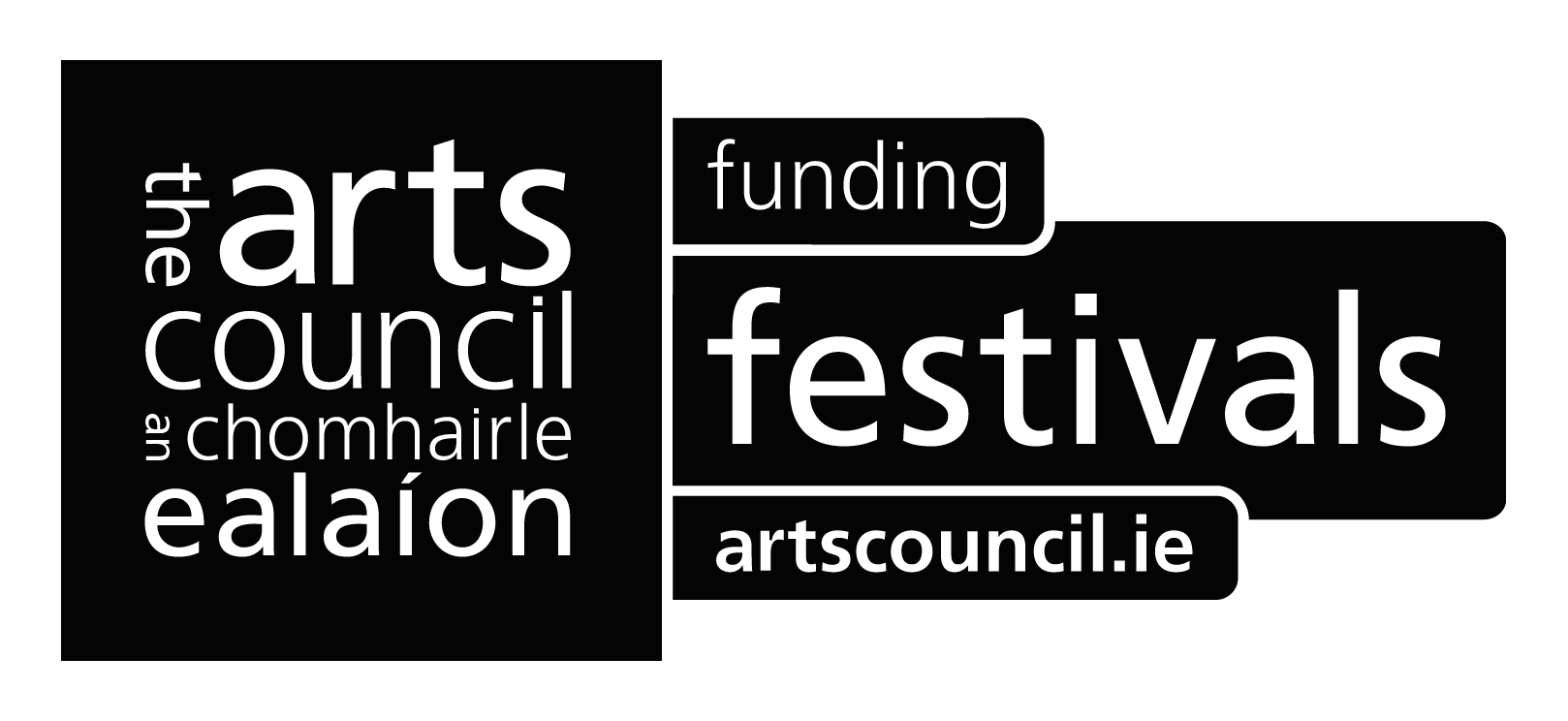Aoife Ní Bhriain & Cormac mccarthy
Saturday 22th November
Cork School of Music
Doors: 15:30
Blending deep roots in Irish traditional music with classical, jazz, and contemporary influences, Ní Bhriain and McCarthy chart a compelling sonic path through a shared musical heritage, transformed through their own creative lens. The album title, Cosán Casta, derives from the Irish words for “twisted path”, reflecting a journey both intricate and organic, rooted and exploratory.
Aoife Ní Bhriain
Aoife Ní Bhriain is one of Ireland's most recognizable fiddlers. She combines the richness of a family heritage of traditional music and a lifetime of classical music training. Born in Dublin she began studying the violin at an early age winning numerous national and international competitions for both classical and traditional Irish music. She has gone on to perform on some of the biggest stages in Europe as a soloist and ensemble member.
CORMAC MCCARTHY
Pianist & composer from Cork, Ireland. His music is said to "defy categorisation" (Lyric FM).
His compositions and arrangements have been performed and recorded by artists including Phil Woods, Jeff Hamilton, The Carducci Quartet, The RTÉ Concert Orchestra, The Irish Chamber Orchestra, The Cork Opera House Concert Orchestra, The Ulster Orchestra.
As a pianist, he has performed extensively at concert venues, clubs and festivals throughout Europe and the US, sharing the stage and recording with artists across a wide musical spectrum. His recent solo piano release, On The Other Hand “marks him out as one of the rising stars of European Jazz Piano’ (The Irish Times).




